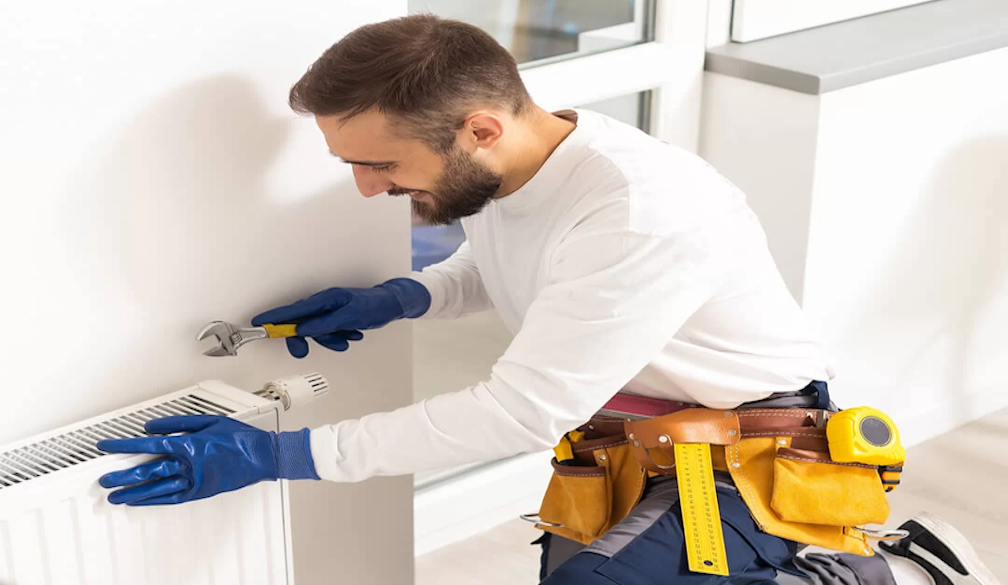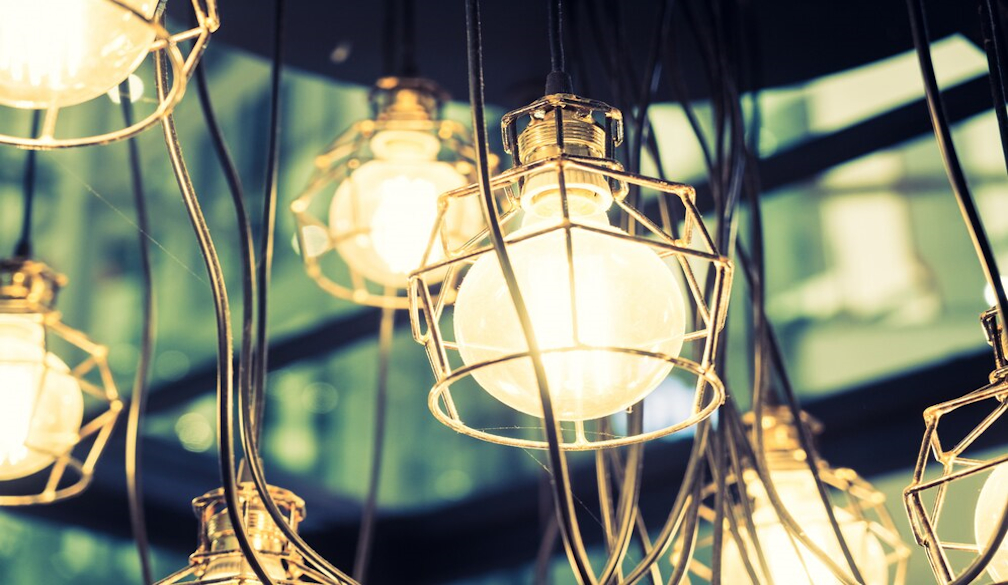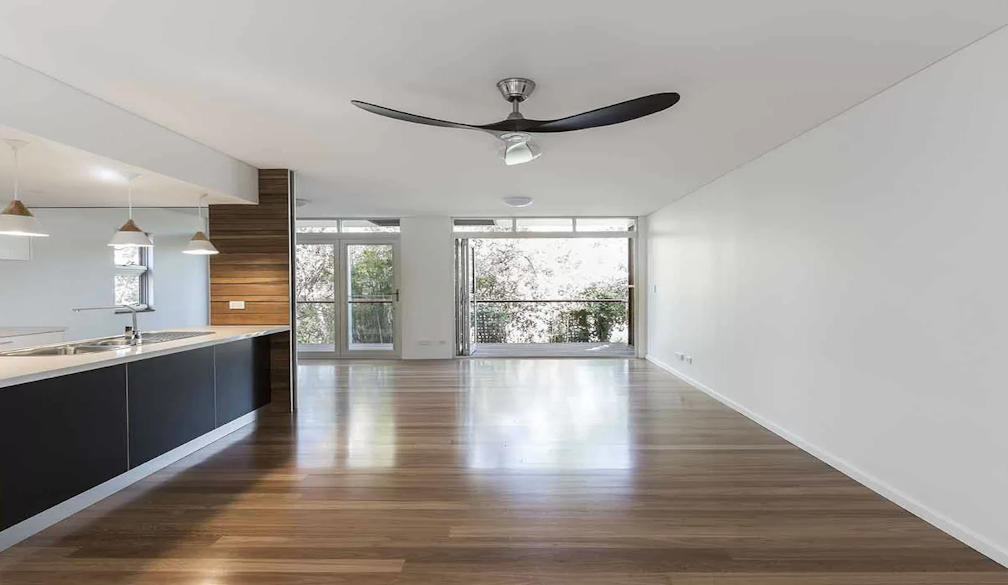The Importance of Professional Heating and Cooling Installation for Optimal Comfort

When it comes to maintaining a comfortable living environment, the importance of an efficient heating and cooling system cannot be overstated. Whether you're preparing for the sweltering summer heat or the chilly winter months, having a properly installed system is key to ensuring a consistent and comfortable indoor climate year-round. Many homeowners may not realize that the process of heating and cooling is just as important as selecting the right unit. Poor installation can lead to inefficiency, costly repairs, and even premature system failure.
In this blog, we’ll delve into why professional installation is essential, the benefits of getting it done right the first time, and what to consider when investing in your home’s heating and cooling systems.
Why Professional Installation Matters
While it may seem tempting to opt for a DIY approach or hire the cheapest contractor, cutting corners on heating and cooling installation can lead to long-term problems. Modern HVAC (Heating, Ventilation, and Air Conditioning) systems are complex and require a deep understanding of mechanics, electrical work, and airflow dynamics. Without the expertise and training, a poorly installed system may not function optimally, leading to increased energy consumption and reduced comfort.
Here’s why professional installation is the best option:
- Proper Sizing and Selection
Choosing the right size system for your home is crucial. An oversized system can short-cycle, meaning it will turn on and off frequently, which not only wastes energy but also puts extra strain on the components. On the other hand, an undersized system will have to work harder to heat or cool your home, reducing its lifespan and potentially leaving you uncomfortable. A professional installer will evaluate your home’s size, layout, insulation, and energy needs to recommend the ideal system for your specific circumstances. - Correct Placement for Maximum Efficiency
The placement of the HVAC system components—both inside and outside—plays a significant role in the system’s efficiency and longevity. Outdoor units need to be positioned where they can get proper airflow and avoid obstructions like debris or vegetation. Indoor units need proper airflow to maintain consistent temperature control. Poor placement can lead to overheating, blocked airflow, and inefficient operation. Professionals know how to optimize placement for better performance and longevity. - Ensuring Safety
HVAC systems often involves working with natural gas, electricity, and refrigerants—substances that can be hazardous if mishandled. During heating and cooling installation, professionals adhere to strict safety codes to ensure that your system operates safely. Proper wiring, refrigerant handling, and gas line connections are all critical to avoiding potential hazards like electrical fires, gas leaks, or refrigerant exposure. - Adherence to Local Building Codes
Installing a new heating or cooling system isn’t just about placing the unit and flipping a switch. Each region has its own set of building codes and regulations that dictate how HVAC systems should be installed. A licensed professional is familiar with these codes and will ensure your installation complies with them, which is essential for passing home inspections or if you decide to sell your property in the future. - Warranty and Maintenance
Most HVAC manufacturers require professional installation in order to keep the warranty valid. If your system is installed improperly, your warranty may be voided, leaving you financially responsible for any repairs or replacement. Additionally, professional installers often offer maintenance plans that can help you keep your system running efficiently for years to come, catching small issues before they become costly repairs.
Benefits of a Properly Installed System
A professionally installed heating and cooling system comes with several benefits, including energy efficiency, reduced repair costs, and improved air quality. Let’s take a closer look:
- Energy Efficiency
One of the most noticeable advantages of proper installation is improved energy efficiency. When your system is installed correctly, it doesn’t have to work as hard to heat or cool your home, leading to lower utility bills. Over time, the energy savings alone can offset the initial cost of professional installation. - Reduced Repair and Maintenance Costs
HVAC systems that are installed incorrectly are more likely to experience issues such as uneven airflow, incorrect thermostat settings, or improper drainage. These problems can lead to frequent breakdowns and costly repairs. Professional installation ensures that your system is set up for optimal operation, reducing the likelihood of unexpected repairs. - Improved Air Quality
Proper installation ensures that your HVAC system delivers clean, filtered air throughout your home. Incorrect ductwork installation or poor ventilation can lead to a build-up of dust, allergens, and other contaminants in your indoor air. A well-installed system improves airflow, ensuring that your home stays not only comfortable but also healthier. - Increased Lifespan
Installing an HVAC system is a significant investment, and homeowners naturally want their system to last as long as possible. With professional installation, your heating and cooling system is more likely to reach its expected lifespan, or even surpass it, with proper care and maintenance. This means fewer replacements and better long-term value for your investment.
What to Consider When Installing a New System
If you’re thinking about installing a new heating and cooling system, there are a few things you should keep in mind to ensure you’re getting the best value for your money.
- System Type
There are various types of HVAC systems to choose from, including split systems, ductless mini-splits, and packaged units. Each system has its own benefits and drawbacks, depending on your specific needs, the size of your home, and your climate. - Energy Efficiency Ratings
Look for systems that are Energy Star certified and have high SEER (Seasonal Energy Efficiency Ratio) ratings. While more efficient systems may have a higher upfront cost, they will save you money in the long run through lower energy bills. - Zoning Options
Zoning allows you to heat or cool specific areas of your home independently, rather than having one temperature setting for the entire house. This can be a great way to save on energy costs, especially if you have rooms that are rarely used. - Smart Thermostats
Consider investing in a smart thermostat to pair with your new system. These devices allow you to control your HVAC system remotely and can learn your preferences over time, optimizing your energy usage and ensuring your home stays comfortable.
Conclusion
Investing in professional heating and cooling installation is essential to ensure that your system operates efficiently and safely. A properly installed system can reduce energy costs, improve air quality, and extend the life of your equipment, all while providing consistent comfort for years to come. While it may be tempting to cut costs on installation, the benefits of hiring a qualified professional far outweigh the risks of attempting a DIY installation.



